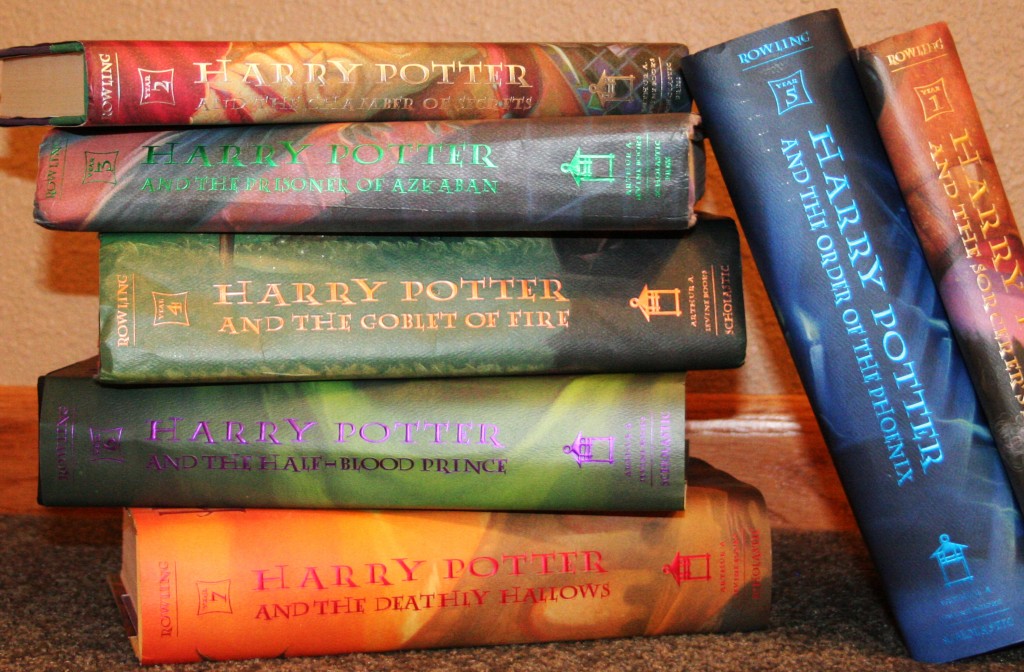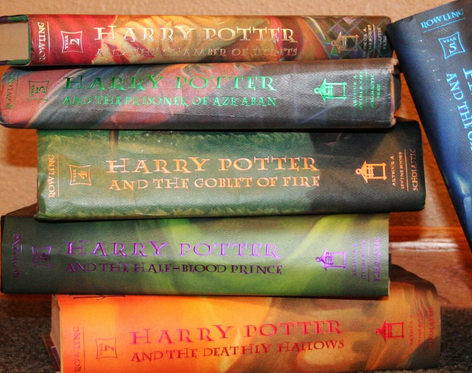
From Lady Gaga to Harry Potter, pop culture seems to be popping up in universities across the country. St. Thomas and St. Catherine’s University offer courses and even a minor that incorporate pop culture into the curriculum.
At St. Thomas, the American culture and difference minor provides students with a new perspective when viewing pop culture.
“The minor allows me to critically examine the culture around me,” senior Breanna Alston, an ACD minor, said. “I am conscious of the messages that society bombards me with and because I am aware, I can make my own decisions about what I believe and don’t believe.”
Program director Kanishka Chowdhury said popular culture, often considered low culture, is just as important to study as high culture, which includes art and opera.
“All forms of culture are legitimate forms of study because they tell us something about how people live their lives,” Chowdhury said.
Chowdhury also pointed out that “not all popular culture is Lady Gaga,” citing music from Appalachia or little-known local practices as other forms of pop culture.
Because of its interdisciplinary nature, Chowdhury said, studying pop culture can enhance students’ understanding in other fields of study.
“It makes us as students really understand the complexity of people’s different identities, different social positions, and it really is a window into understanding the connections between the larger society and people’s lives,” he said.
Communication and journalism professor Wendy Wyatt and criminal justice professor Peter Parilla taught an Aquinas Scholars honors seminar last spring that focused on the popular television show, “The Wire.”
“Media literacy really argues that pop culture matters, that all media matters. It is an important part of our lives,” Wyatt said. “Many of us spend far more time with pop culture than we do in a classroom. We can’t just say, ‘Oh it’s just entertainment,’ and put it off to the side.”
Students watched one season of the show for class assignments and discussion. The class focused on how media portrayals can influence how viewers experience the world, particularly with stereotypes.
“As a professor, you have a connection with students right away,” Wyatt said. “If students love watching ‘The Wire’ or any other TV show and know it well and you can connect that in a meaningful way, then it can be a great tool.”
The “Harry Potter” series has also become a popular topic of study at colleges, such as St. Kate’s. English professor Cecilia Konchar Farr and two students, Evan Gaydos and Rachel Armstrong, developed a 200-level course called “Six Degrees of Harry Potter.”
For the course, students read all seven books in the series and also read theory books about six different areas of study, such as adolescent literature and science fiction. They then applied the different disciplines to the popular wizarding series.
“Each group had to read a book of theory and become an expert on an approach to Harry Potter,” Farr said. “We wanted to make sure we read with depth and insight and just didn’t say, ‘Oh, I love Hermione!’ We wanted to make sure we got some really challenging, college-level reading.”
The class filled quickly both semesters it was offered and already has a waiting list for spring 2012, when it will be offered next.
“I went into the classroom and the students already knew more about the books than I did,” Farr said. “They were already completely sold on the books and dying to talk about them. They were their books. They did exceptional work without even being told to do exceptional work.”
Farr is putting together a collection of the best essays written in the class along with others gathered from around the country. She’s calling it, “A Wizard of their Age.”
Alston said pop culture is important in education because it’s everywhere.
“We can’t deny its impact on the way we live and think,” she said. “We need to be aware of that.”
Maggie Clemensen can be reached at clem0427@stthomas.edu.

